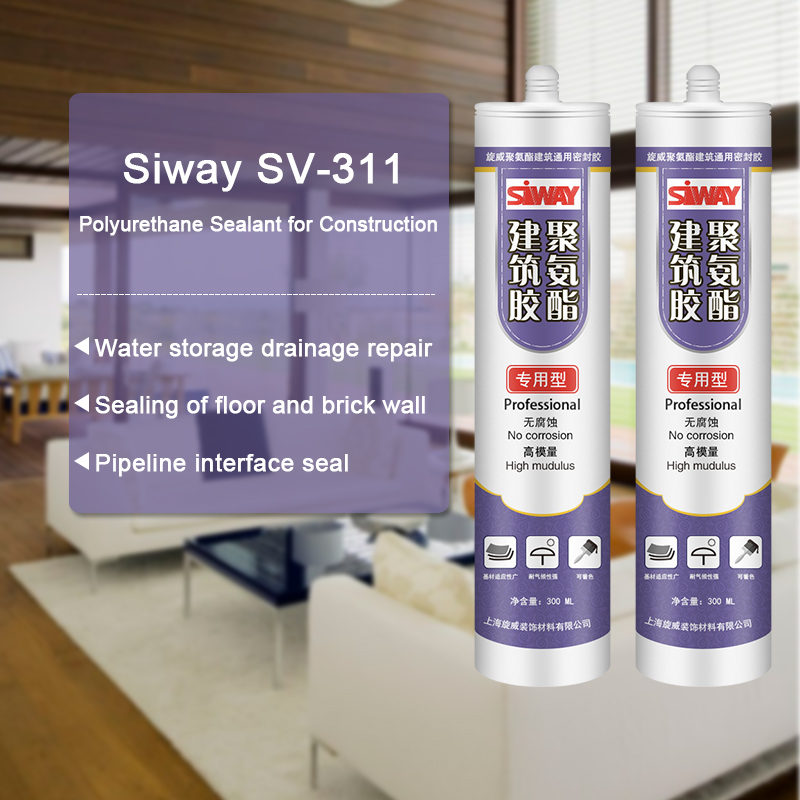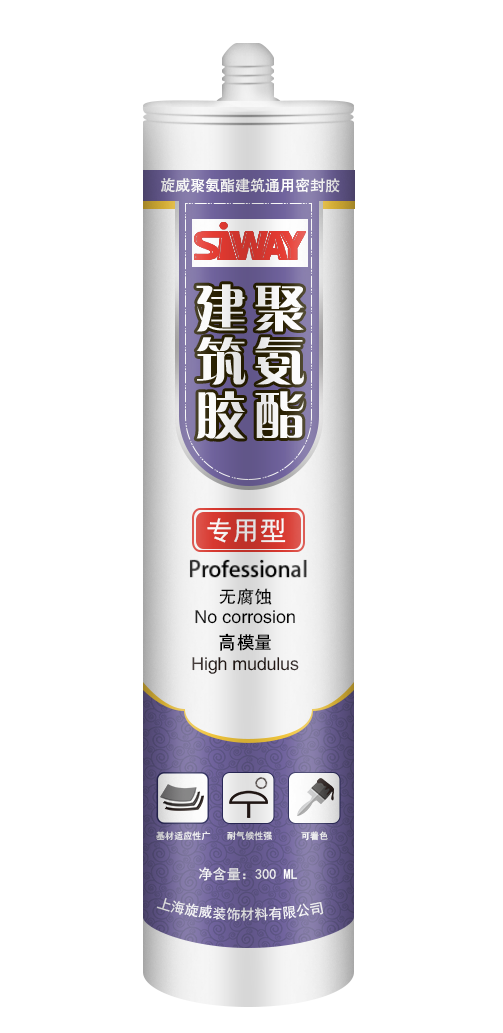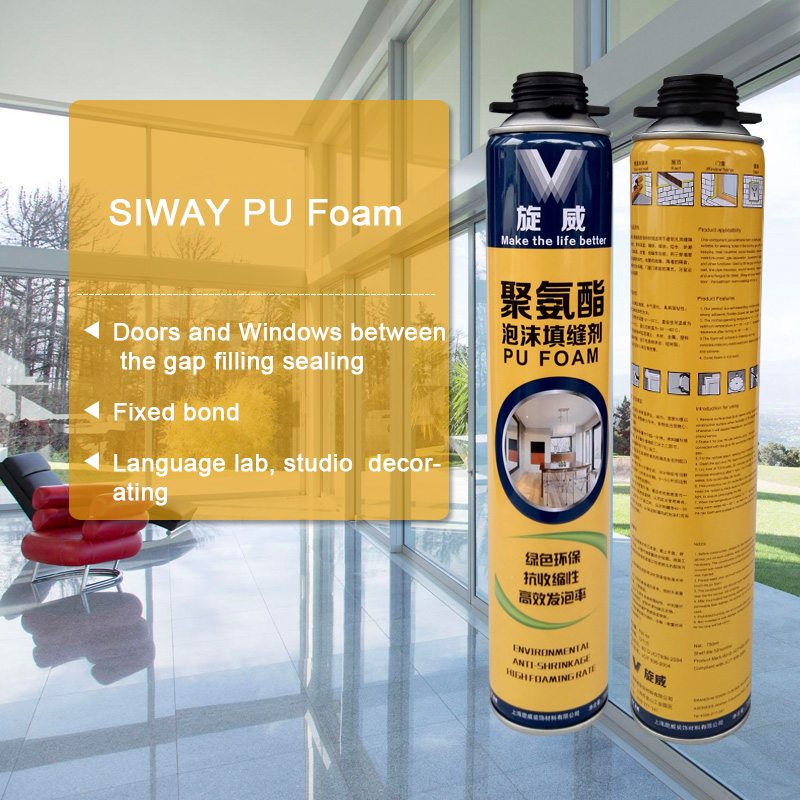Manufacturing Companies for SV-311 Polyurethane Sealant for Construction for Durban Importers
Short Description:
Description SV-311 is a one component polyurethane high modulus flexible sealant formulated as reliable bonding adhesive and joint sealant for construction industry, particularly where a higher modulus and lower movement capacity are required for joints with low or medium movement, e.g. connection joints between floor/stairs and wall, connection joints between floor and machinery, seam sealing / sealing of pipe ducts / ventilation systems, multipurpose joints in metal and wood construction w...
Our company has been focusing on brand strategy. Customers' satisfaction is our best advertising. We also supply OEM service for Manufacturing Companies for SV-311 Polyurethane Sealant for Construction for Durban Importers, We are looking forward to establishing cooperative relationships with you. Please contact us for more information.
Description
SV-311 is a one component polyurethane high modulus flexible sealant formulated as reliable bonding adhesive and joint sealant for construction industry, particularly where a higher modulus and lower movement capacity are required for joints with low or medium movement, e.g. connection joints between floor/stairs and wall, connection joints between floor and machinery, seam sealing / sealing of pipe ducts / ventilation systems, multipurpose joints in metal and wood construction work.
Key Features
1. Non-sag consistency
2. Excellent adhesion to most common building materials
3. High tear strength
4. High tensile strength
5. Less fluid migration to porous material
Technical data sheet
| Test standard | Test project | Unit | value |
| GB13477 | density | g/m³ | 1.20±0.1 |
| GB13477 | Flow, sagging or vertical flow | mm | 0 |
| GB13477 | surface drying time(25℃,50%R.H.) | min | 30 |
| Curing speed | mm/24h | 3 | |
| GB13477 | Durometer Hardness | Shore A | 25-35 |
| GB13477 | 100% tensile strength | Mpa | ≤0.4 |
| GB13477 | The elastic recovery rate | % | 80 |
| Maximum seam width | mm | 35 | |
| Minimum seam width | mm | 8 |
Color
White, black, grey
Package
300ml plastic cartridges and 600ml in sausage
Shelf life
9 months
Note
If you want the TDS or MSDS or other details, please contact with our sales person.
https://www.sincosilicone.com
info@sincosilicone.com
Good Quality Rubber Hot Water Bottle with CE, ISO Approved · Good Quality …. China Manufacturer Medical Use Silicone Rubber Hot Water Bag
Other related videos:
How to strip and repair tap gland-seal
How to stop a monobloc tap outlet leaking (emergency repair)
Earlier today I noticed some water on the floor near the kitchen sink so opened the unit and saw a bit of a leak from the main stopcock that controls flow of water from rising main into the house. Water was dripping from the gland seal. Unfortunately since this is the main way of turning off the water supply* I couldn’t isolate the actual stopcock which ironically is the isolating valve for the cold water supply. So as this was an emergency repair I had to use PTFE tape which is a product that everyone should have in their toolkit.
Anyway – to carry out emergency repair;
Turn off the stopcock and remove handle by unscrewing the cross-head screw in the end of shaft.
Loosen off the gland seal retainer collar. The leak will worsen so put some old rags around it to mop up spills.
Try to extract the old gland packing which is either rubber, fibre or leather. If the tap is in awkward place or the old seal is rock hard and too tight to remove, you then have to wrap several turns of PTFE tape around the shaft as near to the gland seal as possible.
Now using a flat screwdriver and carefully push the tape right down into the gland seal (or what’s left of it)
Now install the gland seal retainer collar and tighten it up.
Now turn on the stopcock or tap/faucet and check for leaks. Ideally the old seal/packing is removed first but in the real world that sometimes doesn’t happen. If there’s still no leaks after a few hours then chances are you’ve fixed the problem. This is a ‘temporary repair’ so ultimately you will have to fit a new stopcock/tap/valve at some point. A useful tip is to regularly cycle any water supply valves, taps etc fully open and closed to keep them from sticking open or shut. Do this twice a year. Taps tend to seize more when they are fully open so it’s good practice to open them fully then back them off half a turn so the internal valve seat isn’t hard against the end stops.
*If the main water supply stop valve is leaking you’ll either need a pipe freezing kit or hope there is a main water supply cut-off along with the water meter or supply from the mains water. Worth making a note of where the stopcocks and other valves are located on your property.




